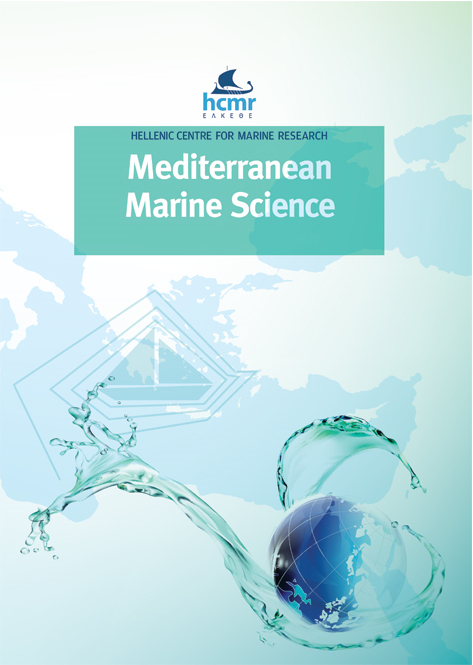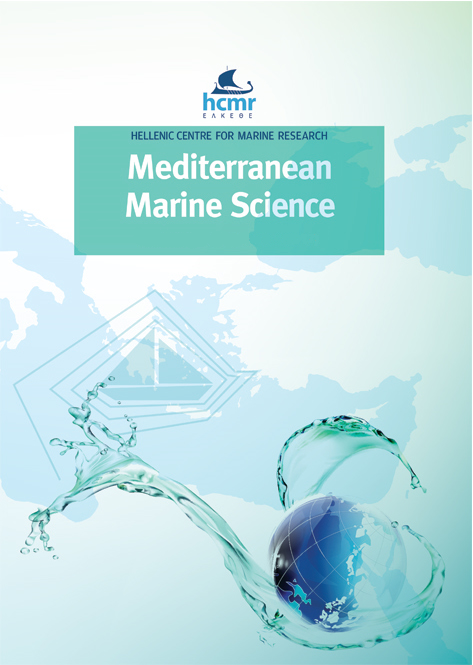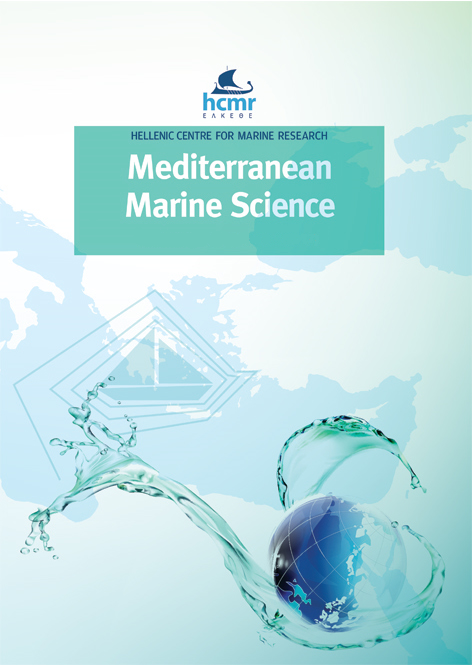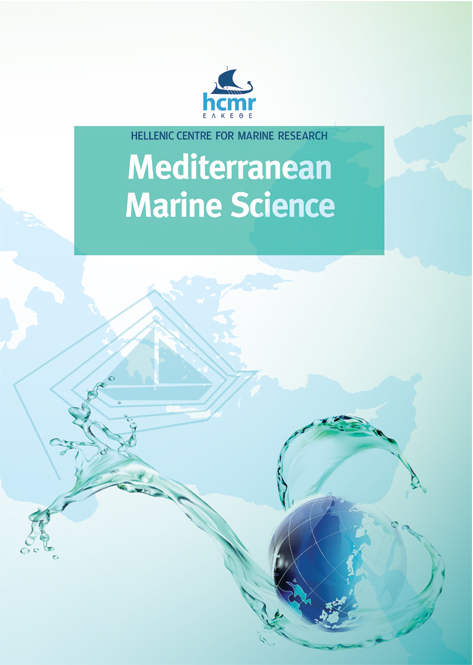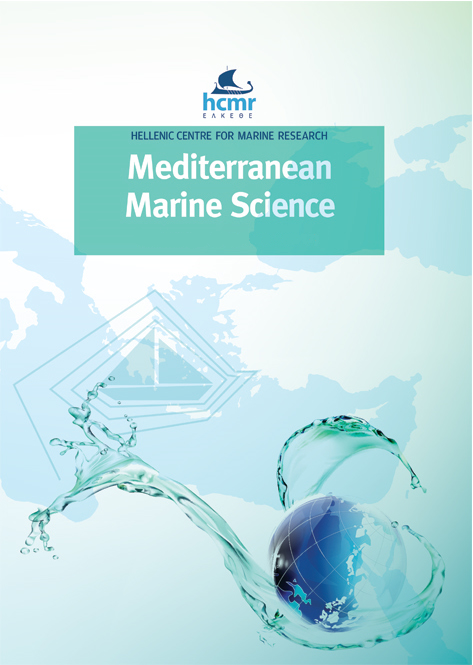Impacts of the alien mosquitofish on the abundance and condition of two Mediterranean native fish
Abstract
The rapid decline of the Greek native Valencia letourneuxi, and its recently described sister species Valencia robertae, has been often attributed to habitat degradation, as well as aggression from or resource competition with the alien mosquitofish Gambusia holbrooki. The mosquitofish is extremely wide-spread in Mediterranean freshwater ecosystems, however, documentation on its presumed negative impacts on native freshwater fishes is limited. In this study, we compared abundance, condition and gonad weight of Valencia spp. in no co-occurrence versus co-occurrence to the mosquitofish, using data collected from eight aquatic systems of Greece, over a five year period (2005 to 2009). Our results show that Valencia abundance is significantly lower in co-occurrence to the Eastern mosquitofish. Furthermore, female Valencia spp. individuals in co-occurrence to the mosquitofish were smaller in length and had poorer somatic condition compared to females in habitats not invaded by the mosquitofish. The mechanisms responsible for these effects of the alien mosquitofish as well as the conservation implications for native Valencia populations are discussed.
Article Details
- Come citare
-
KALOGIANNI, E., KOUTSIKOS, N., VARDAKAS, L., GIAKOUMI, S., CHATZINIKOLAOU, Y., & OIKONOMOU, A. (2019). Impacts of the alien mosquitofish on the abundance and condition of two Mediterranean native fish. Mediterranean Marine Science, 20(4), 727–735. https://doi.org/10.12681/mms.19068
- Fascicolo
- V. 20 N. 4 (2019): special issue
- Sezione
- Special Issue MEDIAS
Authors who publish with this journal agree to the following terms:
- Authors retain copyright and grant the journal right of first publication with the work simultaneously licensed under a Creative Commons Attribution Non-Commercial License that allows others to share the work with an acknowledgement of the work's authorship and initial publication in this journal.
- Authors are able to enter into separate, additional contractual arrangements for the non-exclusive distribution of the journal's published version of the work (e.g. post it to an institutional repository or publish it in a book), with an acknowledgement of its initial publication in this journal.
- Authors are permitted and encouraged to post their work online (preferably in institutional repositories or on their website) prior to and during the submission process, as it can lead to productive exchanges, as well as earlier and greater citation of published work (See The Effect of Open Access).

